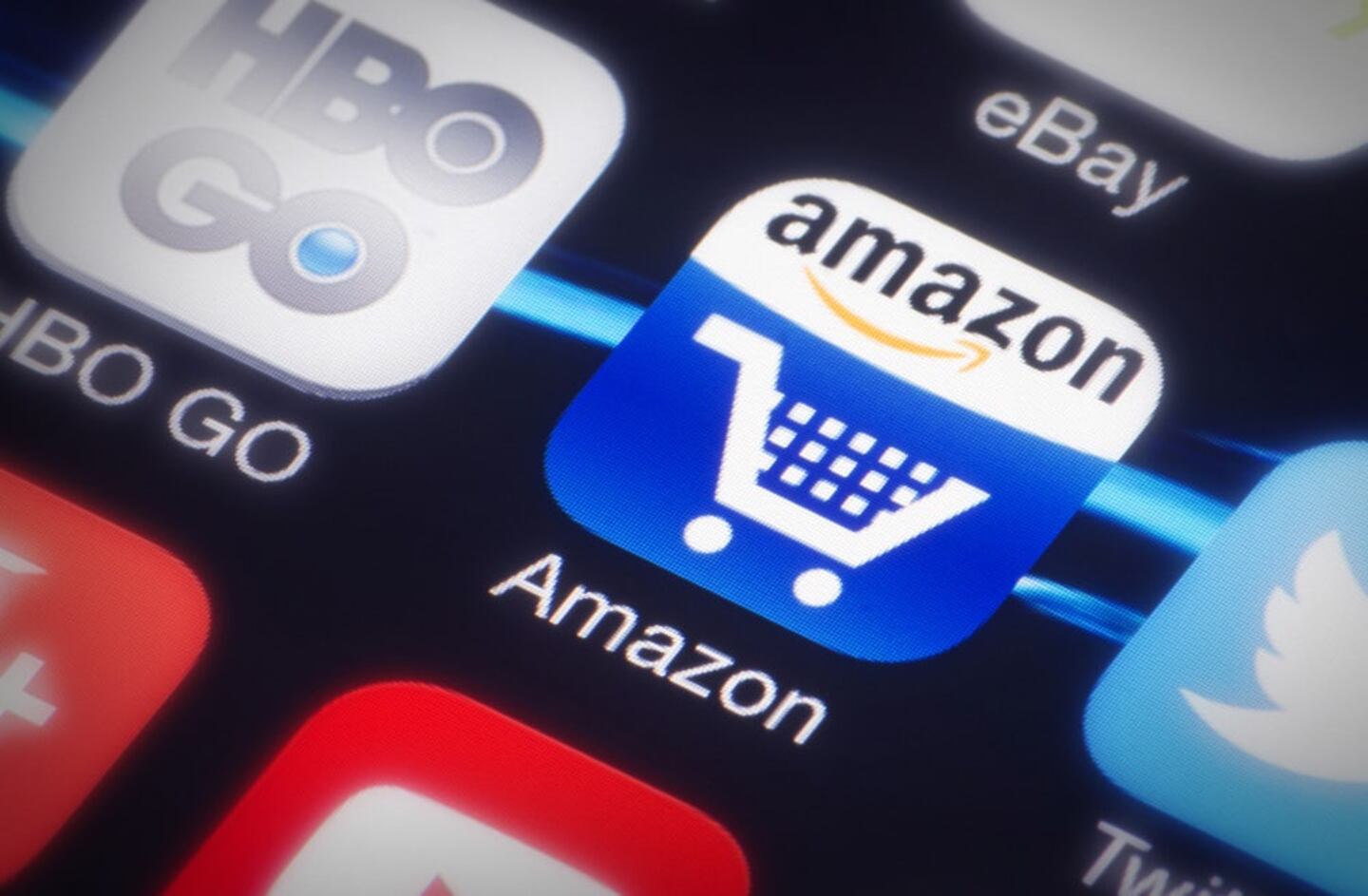
The Business of Fashion
Agenda-setting intelligence, analysis and advice for the global fashion community.

Agenda-setting intelligence, analysis and advice for the global fashion community.

SEATTLE, United States — Amazon.com Inc. has already given payment companies headaches by starting a rewards program and rolling out its own checkout button on retail websites. What if the e-commerce giant developed its own version of PayPal?
This would hold significant risks for incumbents like Visa Inc. and Mastercard Inc. — and PayPal Holdings Inc., of course — and it could happen in the next several years, according to Lisa Ellis, a Sanford C. Bernstein & Co. analyst.
“This scenario involves taking a page out of the book of what EBay did with PayPal and Alibaba did with Alipay, and building up independent wallet service based off of the Amazon Pay wallet,” Ellis wrote in a note to clients Tuesday. Such a service would be of concern to Visa and Mastercard “specifically if consumers start storing their money in the Amazon Pay wallet and not in their underlying checking accounts,” added the analyst, who still rates the card companies and PayPal “outperform.”
Amazon has hinted that it may be moving in this direction, Ellis said, as it promotes its branded checkout button on merchant websites and offers members of its “Prime” program 2 percent rewards when they use their debit card to reload a gift card.
ADVERTISEMENT
At a minimum, Visa and Mastercard face long-term risks like pricing pressure and “brand obfuscation” as Seattle-based Amazon’s influence continues to increase. PayPal’s available market has already shrunk as Amazon, which doesn’t offer a PayPal checkout button, has accounted for a big chunk of the growth in US e-commerce.
But the company would pose a much bigger threat to all three if it decided to “build its own PayPal,” Ellis said. “Why wouldn’t Amazon want one of those?”
By Lily Katz; editors: Arie Shapira, Andrew Dunn, Brendan Walsh.
The nature of livestream transactions makes it hard to identify and weed out counterfeits and fakes despite growth of new technologies aimed at detecting infringement.
The extraordinary expectations placed on the technology have set it up for the inevitable comedown. But that’s when the real work of seeing whether it can be truly transformative begins.
Successful social media acquisitions require keeping both talent and technology in place. Neither is likely to happen in a deal for the Chinese app, writes Dave Lee.
TikTok’s first time sponsoring the glitzy event comes just as the US effectively deemed the company a national security threat under its current ownership, raising complications for Condé Nast and the gala’s other organisers.